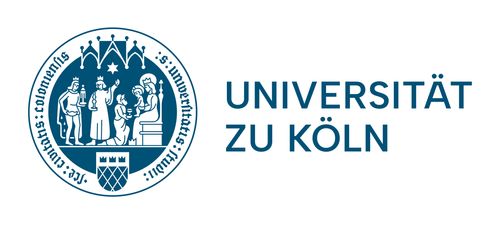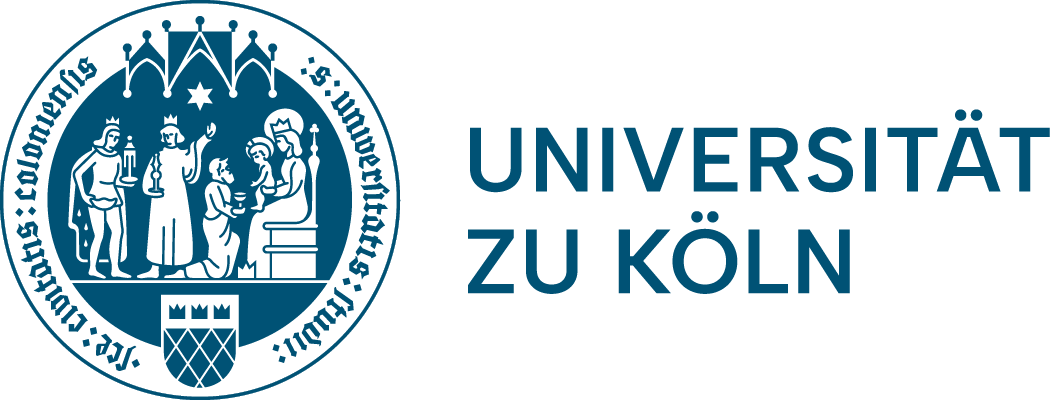Doctoral position in Astrophysics (f/m/x)

Dein Job
Faculty of Mathematics and Natural Sciences
Doctoral position in Astrophysics (f/m/x)
Institute of Physics I | observational astronomy group of Prof Arshia M. Jacob
We are one of the largest and oldest universities in Europe and one of the most important employers in our region. Our broad range of subjects, the dynamic development of our main research areas and our central location in Cologne make us attractive for students and researchers from around the world. We offer a wide range of career opportunities in science, technology, and administration.
Today, protostars can be classified into two chemically distinct classes, namely those exhibiting warm carbon chain chemistry (WCCC) leading to the formation of unsaturated carbon chains and those that form interstellar complex organic molecules (iCOMs) via hot corino chemistry. However, recent high-resolution observations have challenged this distinction, revealing that many protostars exhibit both types of chemistry, just at differing scales. Therefore, the universality of this `hybrid’ nature is unclear. The sensitive nature of deuterium enrichment serves as a key indicator of the chemical diversity within these sources. This doctoral project will investigate the nature of WCCC vs. hot-corino chemistry using data collected from a variety of submm telescopes coupled with the state-of-theart chemical models.
YOUR TASKS
To address the questions outlined above, you will be asked to:
» determine the degree of deuteration in various molecular species that exhibit enrichment via both cold and warm deuteration pathways, across multiple protostars with diverse chemistries
» use these measurements to gain critical insight into the temperature structures and evolutionary stages of the protostellar sources
» assess whether cold deuterium chemistry is spatially coincident with regions in the protostellar envelopes where warm carbon-chain chemistry (WCCC) originates
» use these observations to identify and distinguish regions where WCCC and HC chemistries are actively manifesting
» combine observational data with detailed chemical modeling to:
» reconstruct the temporal evolution of deuteration,
» trace the chemical history of each protostellar system in the sample
You will work within the observational astronomy group of Prof Dr Arshia M. Jacob.
WE OFFER
» A state-of-the art research environment and vibrant team
» A diverse working environment with equal opportunities
» Support in balancing work and family life
» Flexible working time models
» Extensive advanced training opportunities
» Occupational health management offers
The University of Cologne promotes equal opportunities and diversity. Women will be considered preferentially in accordance with the Equal Opportunities Act of North Rhine-Westphalia (Landesgleichstellungsgesetz – LGG NRW). We also expressly welcome applications from all suitable candidates regardless of their gender, nationality, ethnic and social origin, religion, disability, age, sexual orientation and identity.
The positions are available from 1 September 2025 on a parttime basis (26,29 hours per week). The position is to be filled for a fixed term until 31 August 2027. If the applicant meets the relevant wage requirements and personal qualifications, the salary will be based on remuneration group 13 TV-L of the pay scale for the German public sector. Please apply online with proof of the required qualifications (letter of motivation, CV, list of publications, copies of certificates) without a photo under: https://jobportal.uni-koeln.de. The reference number is Wiss2506-18. The application deadline is 25 July 2025.
For further inquiries, please contact Professor Dr Arshia M. Jacob (ajacob@ph1.uni-koeln.de) and take a look at our FAQs.
Dein Profil
YOUR PROFILE
Necessary requirements:
» Strong background in physics and astronomy and relevant degree (Masters)
» Good proficiency in scientific coding with Python
» Good proficiency in scientific writing supported by previously written research articles/thesis etc.
» Fluency in English (spoken and written)
» Motivated to work as part of a large, international collaboration
Other desirable criteria:
» Experience with commonly-used software for submm/radio data analysis (in particular CASA and GILDAS)
» Experience working with single dish and interferometric datasets
» Previous research experience in the general areas of interstellar medium and star formation studies
Deine Benefits
Stellenmerkmale
Dein Beschäftigungsumfang
Teilzeit (befristet)
Dein Gehalt
E13
Dein Arbeitsplatz:
vor Ort
Dein Büro:
Raum Köln
